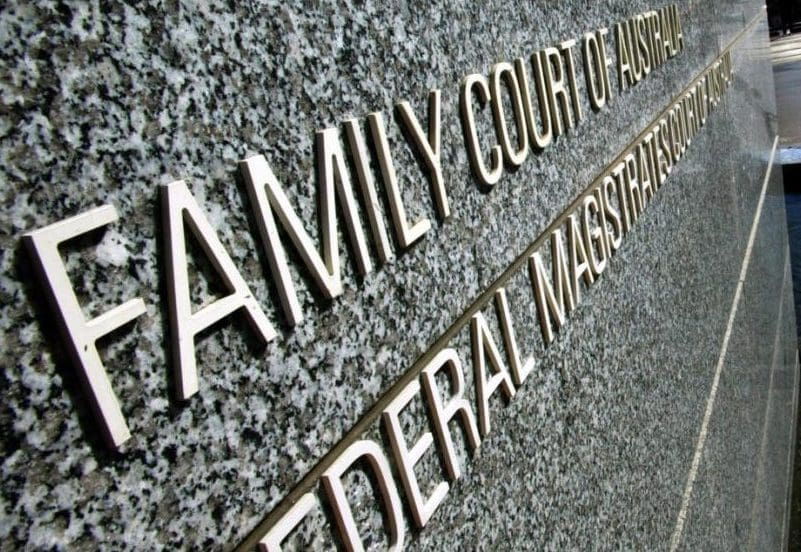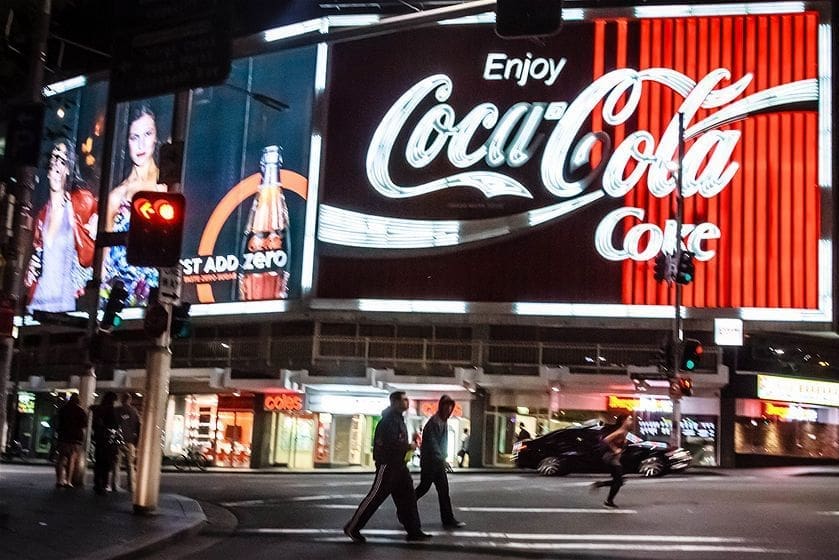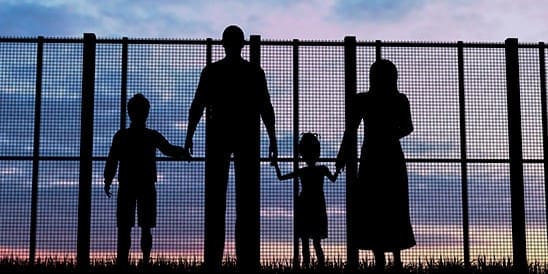 A bill to merge the Family Court and Federal Circuit Court was approved in the Senate last week. The decision has proven controversial, with many stakeholders, including retired judges, opposing the merger as a ‘band-aid’ solution that will prejudice family law matters to unspecialised judgment and even longer delays.
A bill to merge the Family Court and Federal Circuit Court was approved in the Senate last week. The decision has proven controversial, with many stakeholders, including retired judges, opposing the merger as a ‘band-aid’ solution that will prejudice family law matters to unspecialised judgment and even longer delays.
What is (or was) the Family Law Court of Australia?
The Family Law Court of Australia was established in 1976 under Chapter 3 of the Australian Constitution by the Family Law Act 1975. Although it was infamously bombed in 1988, the creation of the Family Law Court was generally viewed as a landmark in not only the Australian justice system, but worldwide. The Family Law Court was significant because it highlighted the need for specialist legal attention in circumstances that are often confronting, complex and deeply emotional for parties.
Why merge the two courts?
It might be argued that merging the Family Law Court of Australia and the Federal Circuit Court of Australia will streamline resources that would otherwise be spread between two Courts. Alternatively, it could be argued that by combining the Courts into one broader jurisdiction, more urgent matters involving immigration will take priority. This may have a reverse-effect on making the Court system efficient, pushing matters that are ‘less urgent’ down an ever-expanding list.
A shift into a single Court might, however, take some pressure off Family Court judges, who have been reported as dealing with up to 600 cases on their dockets at one time. However, there is criticism that whilst judges might not be as far spread between cases, family law matters are at risk of being handed to judges that lack specialist experience in negotiating intricate areas of family law. There are arguments being made that a new unified Court will provide some passage of relief to rural, regional and remote communities that were previously unable to access the Family Court at all.
The safety of vulnerable people should always be a priority when making legislative changes to Family Law legal processes in Australia. Arbitration and mediation processes present cost-effective and efficient alternatives to attending Court that may help to reduce some of the volume moving through the new system in the future.
If you would like to discuss anything further with our experts at Freedman & Gopalan Solicitors, call us on 02 8999 9837.
 The NSW Government is set to scrap lockout laws in Sydney’s Kings Cross in a bid to revitalise the night-time economy.
The NSW Government is set to scrap lockout laws in Sydney’s Kings Cross in a bid to revitalise the night-time economy.
The controversial lockout laws, which were introduced in 2014 to quell alcohol fuelled violence, will be lifted as of 8th March 2021.
Venues in the area will soon be able to accept patrons after 1.30am and serve drinks in glasses, rather than plastic cups. The ‘last drinks’ rule will remain but will be moved to 3.30am.
The lockout laws were implemented by former Premier, Barry O’Farrell, after two Sydney teenagers were killed in one punch attacks. While violence in the area has since declined, a 2019 parliamentary inquiry found NSW may have been be foregoing up to $16 billion in economic activity as a result of the laws.
The controversial changes follow NSW Premier, Gladys Berejiklian’s, vow to revive Sydney’s “vibrant night-time economy.” Berejiklian told the Sydney Morning Herald that she expected the adjustments would allow Kings Cross “to continue to evolve into a vibrant lifestyle and cultural destination.”
While the Premier moved to ease restrictions in Sydney’s CBD and Oxford Street in January 2021, lockdown laws remained in Kings Cross on advice of law enforcement and health authorities.
Independent MP for Sydney, Alex Greenwich, welcomed the new conditions, telling the NewDaily that the area had changed since 2014 when lockout laws were introduced.
“The 24-hour beer barns are gone, and a more sophisticated dining, small bar, and entertainment offering is ready to thrive,” he said.
In an economy damaged by government restrictions and COVID constraints, these changes could well be the kiss of life for Kings Cross.
If you would like to discuss anything further with our experts at Freedman & Gopalan Solicitors, call us on 02 8999 9837.

In a historic Australia-first, the Federal Government has been ordered to pay compensation to 1,300 asylum seekers whose personal details were exposed online.
The ruling signifies a small step towards justice for the 10,000 asylum seekers whose confidential details were accidentally leaked by the Department of Home Affairs in 2014. In what has been dubbed one of the most severe privacy breaches in Australian history, the critical error identified every person held in detention on the mainland and on Christmas Island at the time, including children.
For many complainants, the publication of personal information such as their full names, citizenship, location and boat arrival details meant more than a mere privacy breach. It evoked a deep and genuine fear of identification and retribution by their countries of origin.
The monumental ruling was the result of a representative complaint made to the Office of the Australian Information Commissioner (OAIC) in 2015. While the precise amount of compensation payable to the complainants remans undecided, Slater and Gordon and the Refugee Advice and Casework Service (RACS), who led the matter, told Lawyers Weekly they expect the claim is “likely to result in the largest compensation figure ever to be determined for a privacy claim in Australia.”
The unprecedented judgement reinforces the importance of the fundamental right to privacy and sends a strong message to organisations holding sensitive data that they must take their obligations seriously or face the consequences.
If you would like to discuss anything further with our experts at Freedman & Gopalan Solicitors, call us on 02 8999 9809.
